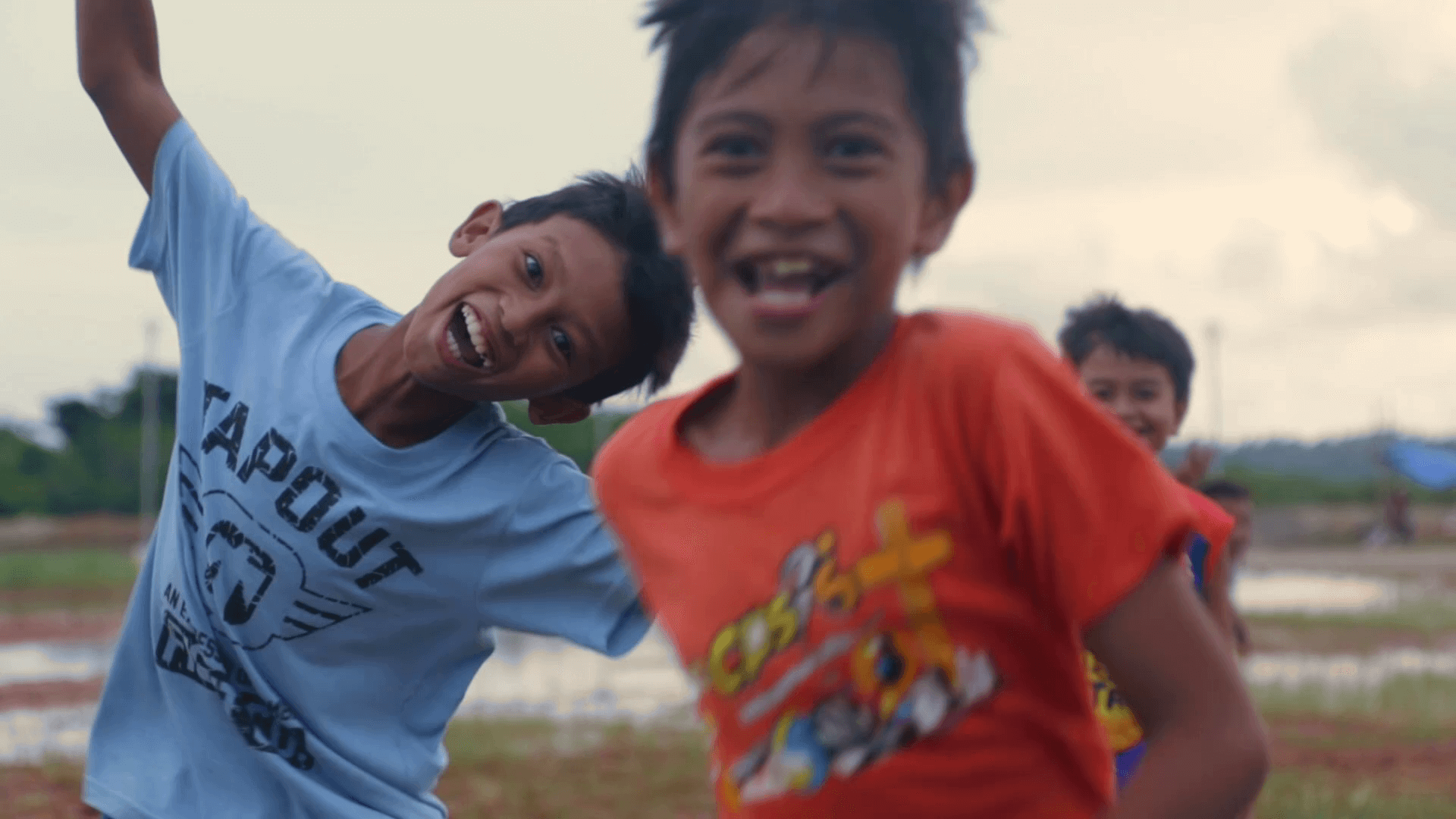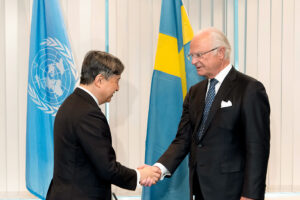WGF represented in video competition at World Water Forum
Five videos produced by WGF have successfully been chosen for the final selection in the “Voice of Citizens” competition. Vote today!
The initiative for the competition comes from the “Citizen Forum”, which aims to raise the voice of stakeholders on water issues from all around the world. For more information on the competition, please visit: http://filmambiente.com/festival/en/voting/
A total of 110 films from 26 countries will be screened at World Water Forum 8, in Brazil.
The five chosen films are the following:
- Role of Sanctions and Rewards in enhancing water and sanitation service delivery in Nakuru county, Kenya
UNDP-SIWI Water Governance and Forum Syd jointly commissioned a case study to better understand the accountability mechanisms that can improve service delivery of water and sanitation. Two of the communities that took part in the projects were Molo and Menengai West in Nakuru County. Vote here! - SIKABI – United through the JAAR: How we handle water in the three communities (Panama)
This participatory video has been developed as a way for the local water committees and the communities in the Ngäbe Buglé area in Panama, to clarify what needs to be done – by the committees and the water users – in order to manage their shared water scheme. Vote here!From the GoAL WaSH program: - Participatory water and sanitation plans for rural and peri-utban communities in the Chaco region in Paraguay
With support of GoAL WaSH, six technical units for water supply and sanitation have been set up in the Chaco region. These units, including both technical and social expertise, are providing support to communities on water and sanitation management issues. Vote here! - Regulatory Framework for Tariff Setting in Water Supply and Sewerage Services in Bosnia and Herzegovina
Weak economic governance and poor infrastructure, caused by years of bad maintenance in Bosnia and Herzegovina’s water sector, is preventing satisfactory delivery and long-term sustainability of water services. The key long-term challenge in Bosnia and Herzegovina’s water sector is the lack of financial sustainability of water utility companies. Vote here! - Impact of iWaSH on Aroroy, Masbate
It is estimated that 7 million Filipinos still defecate in the open. Additionally, there are 323 municipalities in the Philippines who continue to have no sustained access to safe water, sanitation and hygiene. These municipalities are difficult to access and are clearly left behind in terms of achieving SDG 6. Vote here!








